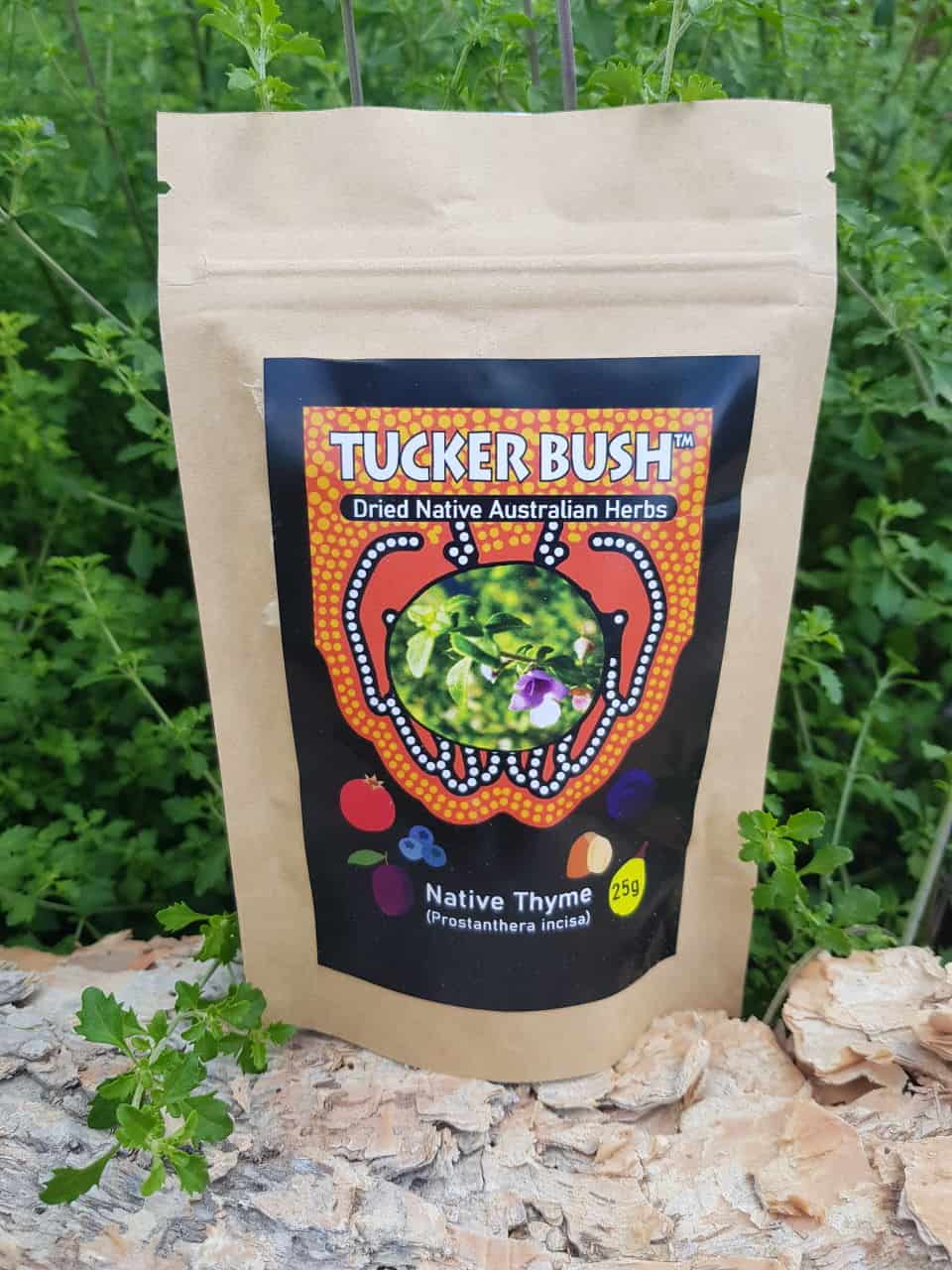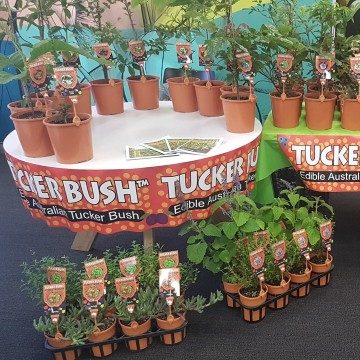With Father’s Day just around the corner, we thought we’d seed a few ideas for your weekend celebrations. These bushfood herb and spice “hacks” make it easy to turn any store-bought seasoning kit into your own DIY custom mix — complete with fast facts for interesting conversation around the barbie.
Native Thyme — great with lamb
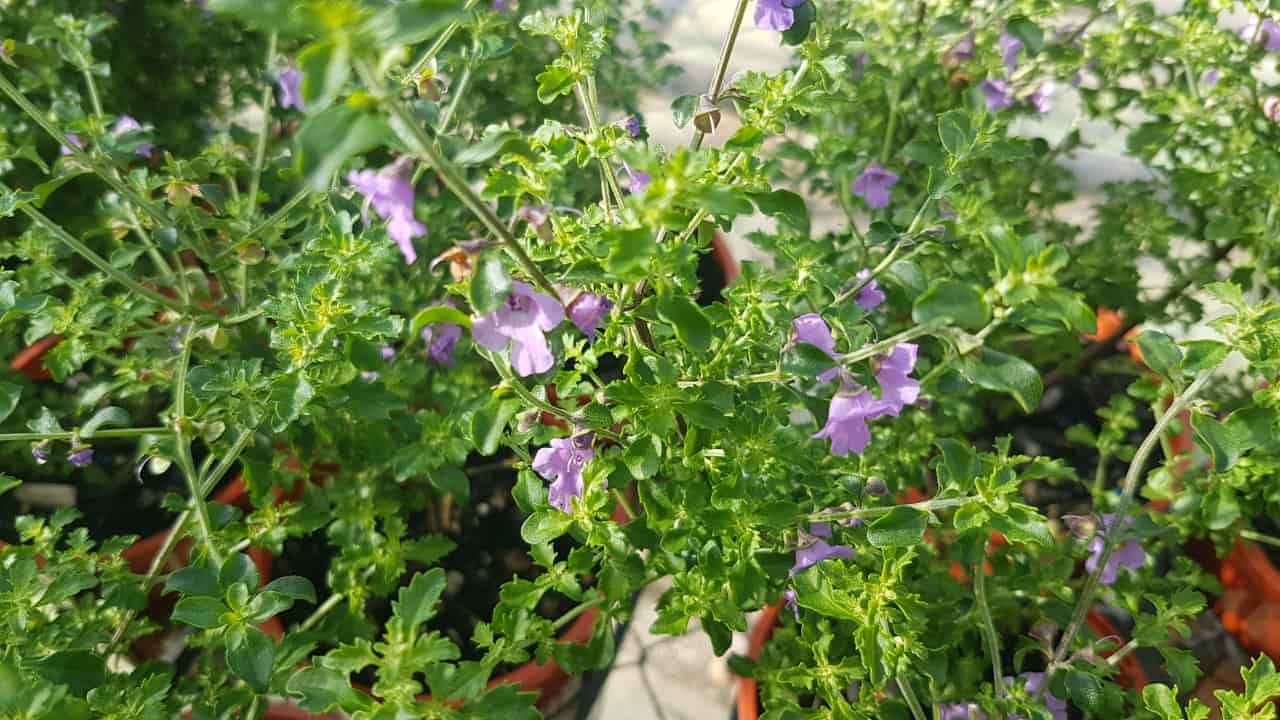
Native Thyme – Prostanthera incisa
Native Thyme is a highly aromatic NSW native herb and makes a great addition to pre-made spice rubs that feature warm, heady flavours like cumin and paprika. Unlike conventional thyme, Native Thyme boasts hints of minty, peppery and earthy tones, offering more complex bush flavours in any lamb or beef dish.
Mix fresh or dried herbs with your dry spice mix and pat an even coating onto the surface of the meat. For best results, place the seasoned meat into a resealable plastic bag and leave it to rest in the fridge for about 2 hours before cooking.
Did you know: Native Thyme (Prostanthera incisa) is also known as “Cut-leaf Mint Bush”, though it’s more accurate to call Prostanthera plants a “mint-like” herb. Still, it’s widely counted as one of 90 species of native Australian mints. You can find dried Native Thyme in our store.

Lemon Myrtle — perfect for seafood
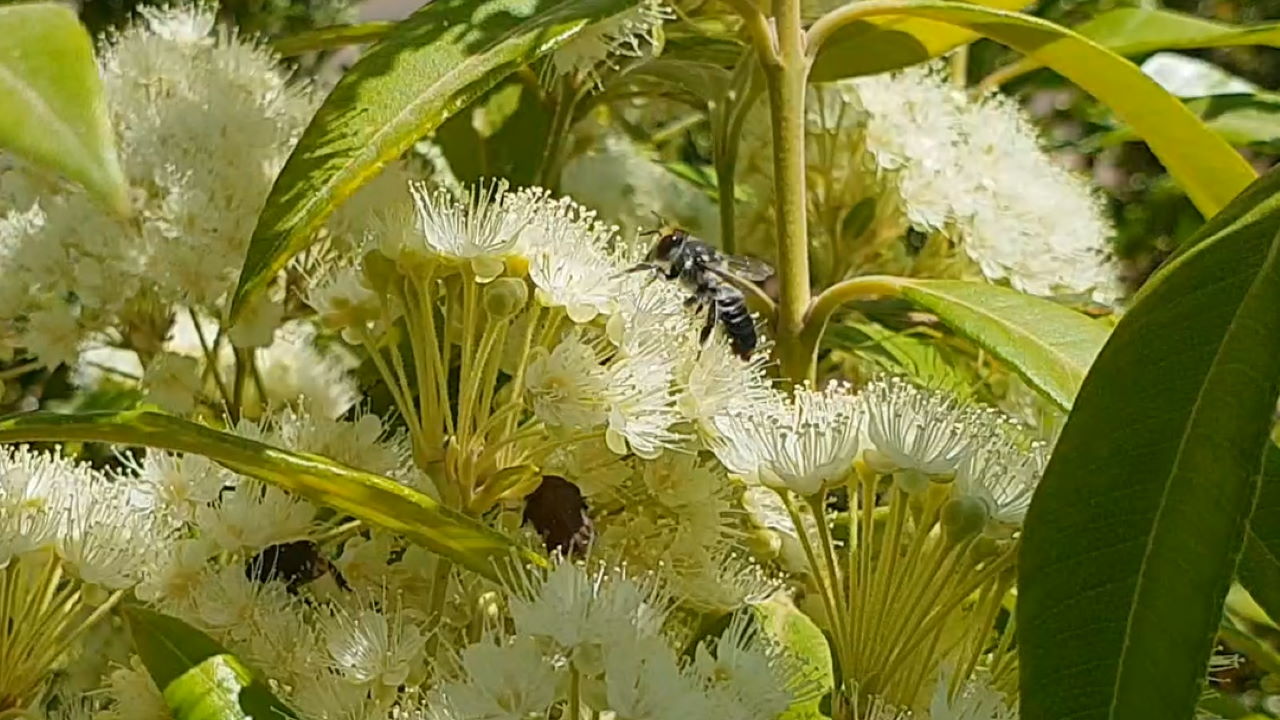
Lemon Myrtle – Backhousia citriodora
Any seafood lover knows how well citrus flavours bring the taste of the ocean to life — and the proud Lemon Myrtle presents no exception. This subtropical native herb is a very strong aromatic herb with a refreshing lemon flavour and aroma.
Add it, crushed or ground, to any seafood spice mix — or if you’re game enough to cook a whole fish, place a few intact leaves inside the mouth, gills or stomach before firing up the grill or oven.
Did you know: Lemon Myrtle (Backhousia citriodora) is nicknamed the “Queen of Lemon Herbs” and offers the purest source of natural citral, a natural anti-inflammatory, antibacterial and anti-fungal essential oil. Dried Lemon Myrtle is now available in our store.
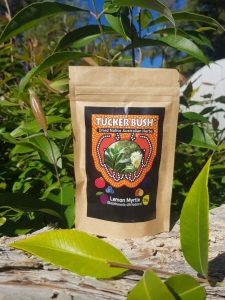
Mountain Pepperberry — a versatile meat seasoning
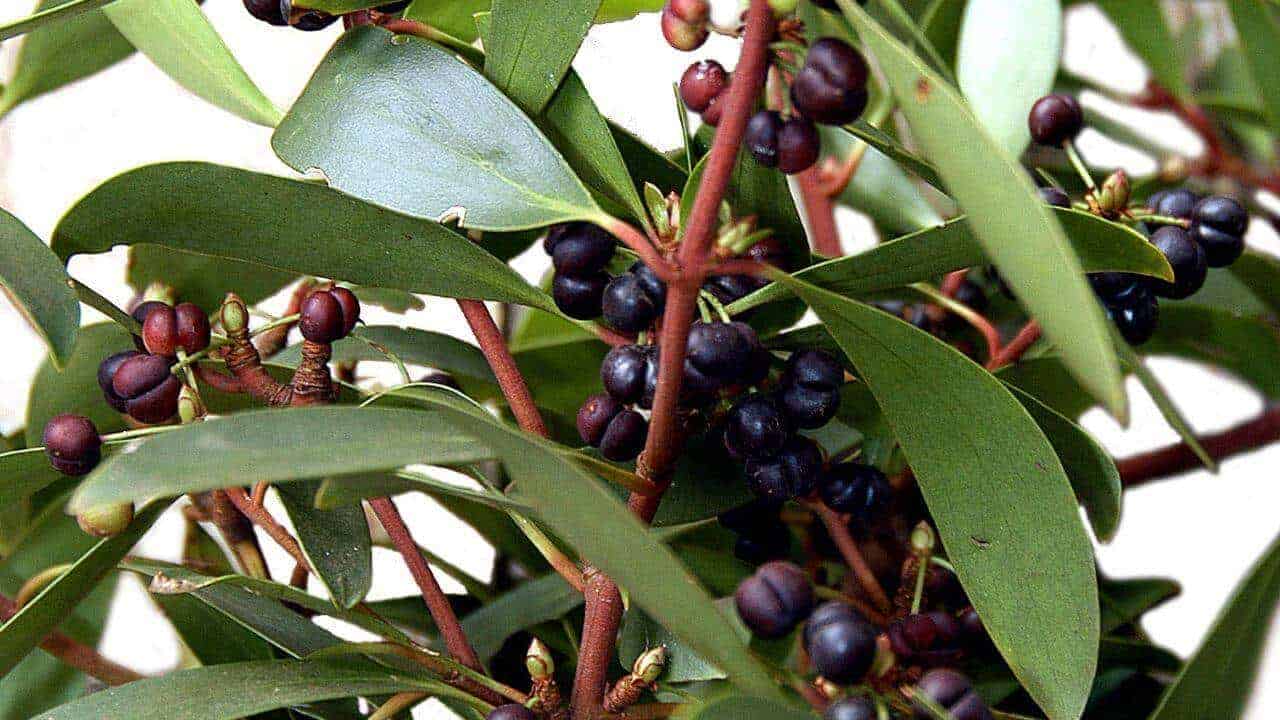
Mountain Pepper – Tasmannia lanceolata
This rainforest tree is growing in popularity as Australia’s answer to conventional pepper. Spicy and pungent, Mountain Pepperberry goes excellently with beef, kangaroo, pork and chicken. And that’s both in leaf and berry form.
We recommend adding ground leaves or ground berries to any store-bought seasoning mix, before rubbing it straight onto the meat. Or for something simpler, pair this spice with an aromatic herb like sage or oregano.
Did you know: Mountain Pepper is found in Aboriginal traditional medicine as a treatment for skin disorders, colic and stomach ache.
Bloodroot — spice up your chilli
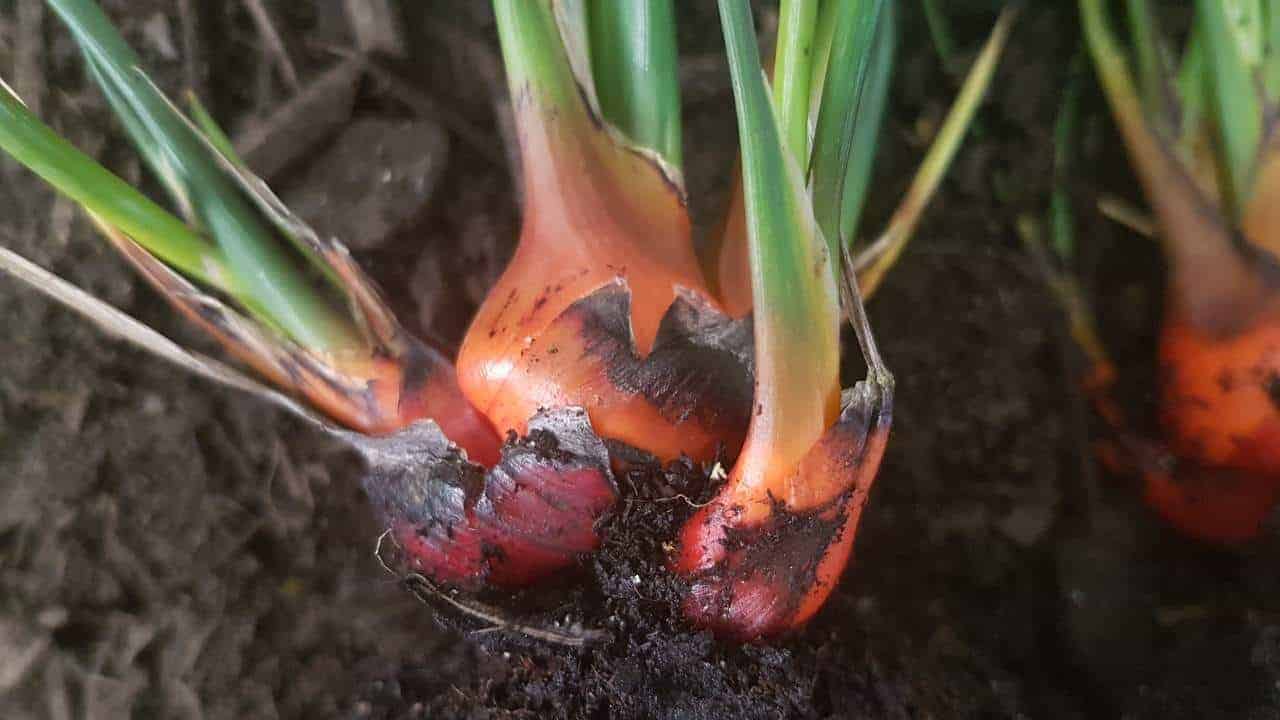
Bloodroot – Haemodorum spicatum
If there’s one thing chilli con carne kits are missing, it’s the remarkable zing of this WA native. Known locally as “meen”, this edible bulb vegetable packs a spicy punch, akin to radish and chilli, but intense enough to numb the mouth. Though Bloodroot is commonly enjoyed as a baked or roasted vegetable, a little pounding and drying turns it into a unique culinary spice.
As packaged Bloodroot is almost never found in supermarkets, give yourself a pat on the back if you’ve already planted a few in your garden. Now is the time for a harvest! Simply dig up the bulbs and separate them from the above-ground parts of the plant. Grate or slice a small amount and add it alongside your chilli con carne spice mix, then enjoy a meal to remember.
Did you know: Bloodroot is a relative of the kangaroo paw, and was long used by the Noongar peoples of Western Australia both as a food and in traditional medicine.
Sea Parsley — make your own parsley salt
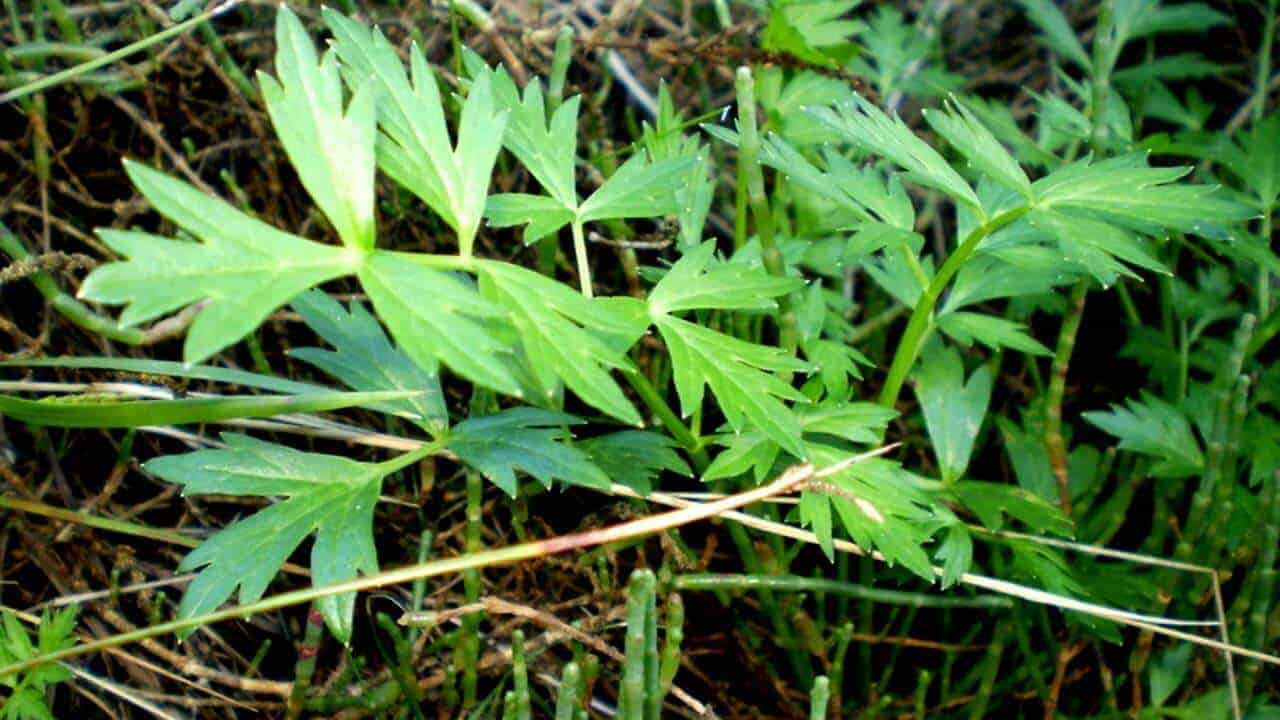
Sea Parsley – Apium prostratum var. prostratum
Sea Parsley is a coastal native that hints of ‘ocean’ flavours and adds a peppery flavour to any dish, not too unlike European parsley and celery. Its leaves are often used as a garnish or a seasoning in seafood and meat dishes, while the seeds may be enjoyed as a condiment or cooking spice.
For this Father’s Day, how about making your own garlic parsley salt? Wash and pat-dry a quantity of Sea Parsley leaves and a clove of garlic. Finely chop the herbs and garlic, then combine with coarse sea salt and a pinch of lemon zest in a sealed container (feel free to use a food processor instead). Allow to infuse in the fridge for at least a week before serving.
Did you know: Sea Parsley was regarded as a survival food among European colonists, as its vitamin C content helped to prevent scurvy.



